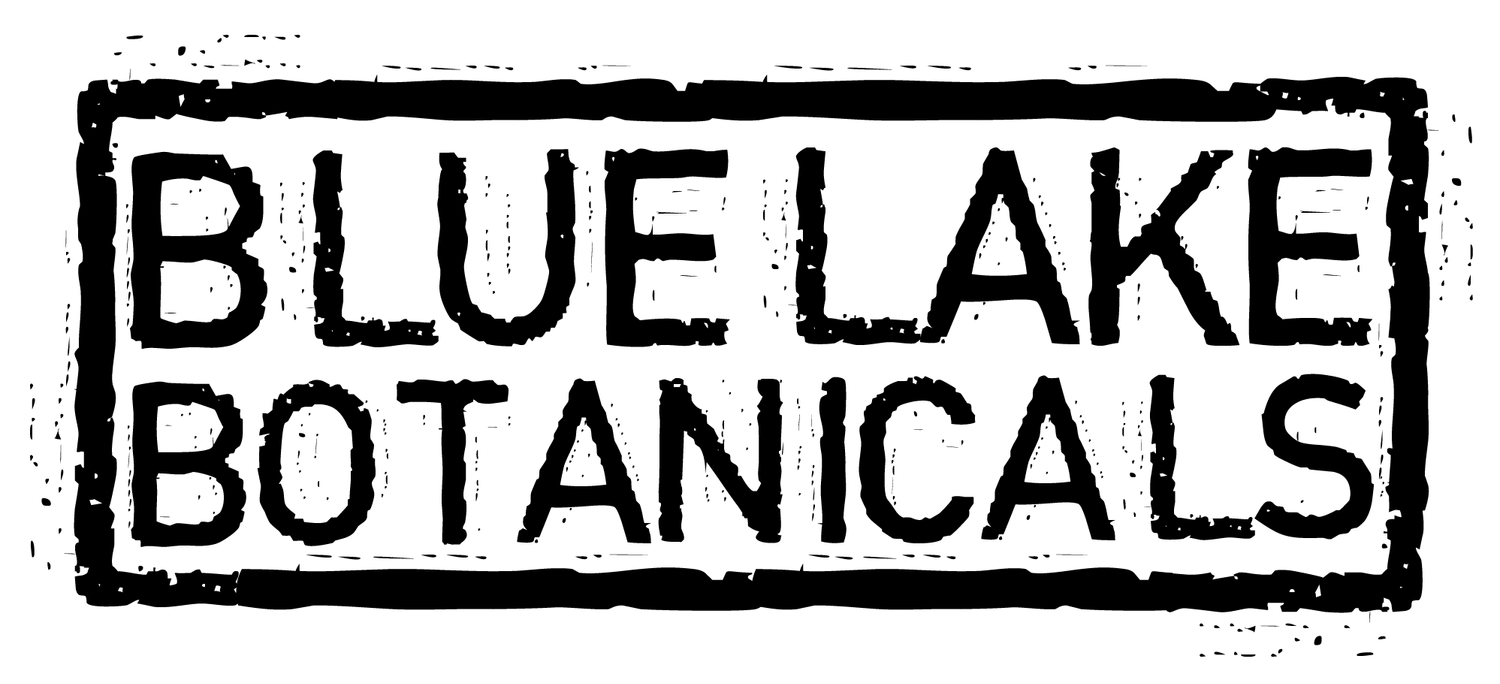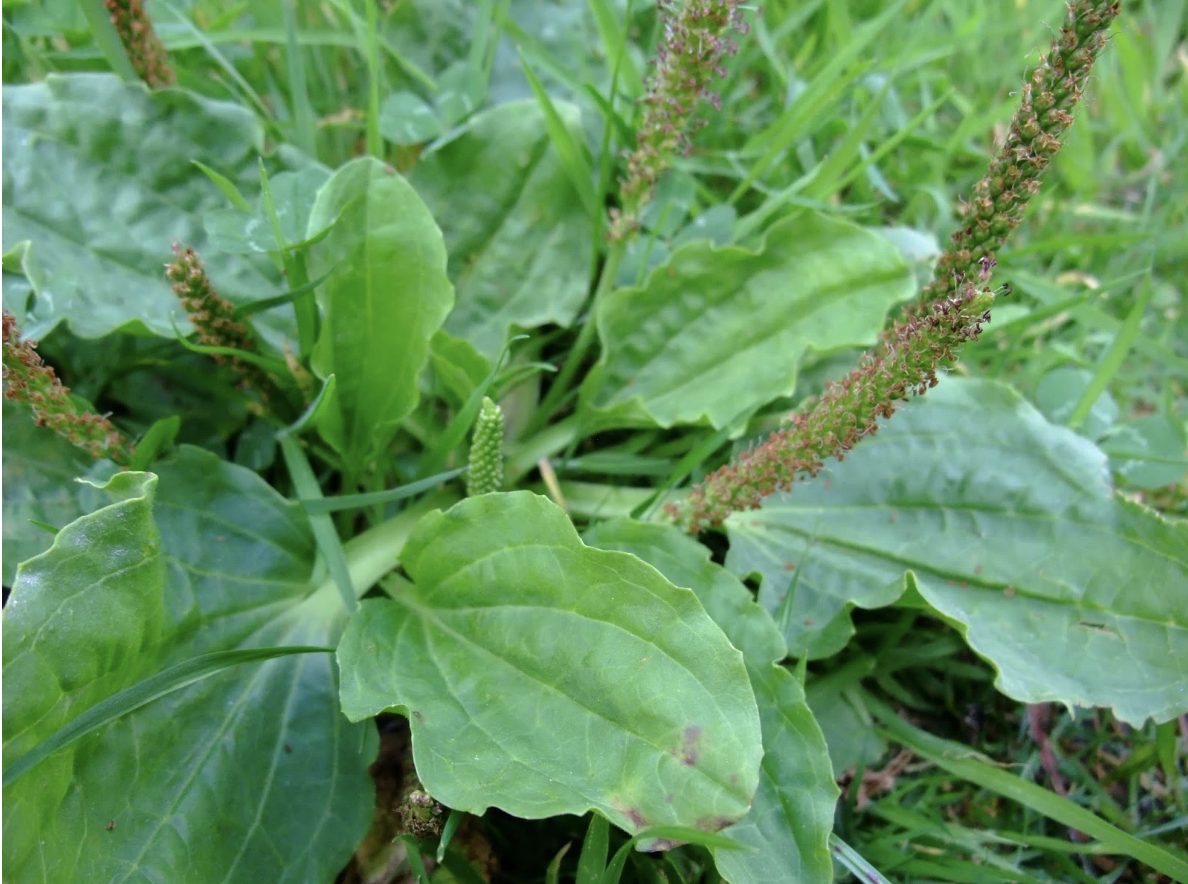Plantain: Not a Weed!
Aside from a handful of herbalists and naturalists who have tirelessly sang its praises, the broadleaf plaintain (plantago major) has been treated as a pesky weed for decades with little attention to its beneficial properties. Attempts to eradicate this perennial yard herb (found abundantly in lawns, particular around the edges, and along paths) are often unsuccessful due to the fact that it is resilient, hearty, and regenerative, leaving many feeling frustrated. The plantain "weed" is difficult to get rid of! It is wind-pollinated and produces a plethora of seeds throughout the summer, spreading to lawns far and wide. Seeds blown about by the plantain can remain viable in the soil for years, patiently waiting to spring forth at the appropriate time! For some, it is never-ending battle to eliminate this plant from their lawns. For others, it is a cherished gift from Mother Nature, who, I might add, definitely knew what she was doing with this herb! Remarkably, this mighty plant grows exactly where we need it to grow - along pathways and around the perimeter of our yards; precisely the places where we might encounter injuries, bug-bits, punctures, etc. It's resilience has not only preserved this verdant plant, but it flourishes, in-spite of our focused efforts at destroying it.
"There is a power in eternity, and it is green." - Hildegard of Bingen (12th century, German Abbess and Herbalist)
This surprisingly attractive plant is a potent source of anti-itch properties and is beneficial for soothing bug-bites and small injuries. While one can make salves, balms, creams, and sprays from its leaves, it is equally effective to use its leaves right out of the ground. Simply pick a few leaves (be sure to ask the plant for permission and offer gratitude - this simple act helps us to grow in our awareness and appreciation for the gifts that the earth provides), mash it into a paste (preferably with a mortar and pestle but in an emergency, chew the leaves), and rub the paste onto the bug bite. Plantain is a good source of Vitamins A, C, and Calcium.
The Native Americans called plantain, "White Man's Footprint" because during the European emigration to the Americas, its seeds were carried on the heels of people, stuck to wagon wheels, and wedged in the hooves of horses.
An Old English Blessing for the Plantain
O, Plantain, mother of plants, open to the East, powerful inside:
Carts creaked over you, women rode over you, brides cried over you, bulls snorted over you.
All you have withstood and set yourself against.
So, may you resist too, the poison, contagion, and evil that spreads across the land.
Tea
Pour 1 cup boiling water over 1 tsp of dried leaves and let steep for 5 minutes
Salve
4-6 cups broadleaf plantain leaves
2 cups olive oil
1/4 cup (2 oz) beeswax
Optional: rosemary, lavender, mint, citronella, or other essential oil for scent
1) Rinse plantain leaves of all dirt and debris
2) Dehydrate the leaves (either in a dehydrator or oven - use caution to completely separate leaves when drying without a dehydrator or oven because plantain easily molds) - crush to measure 3 cups
3) In a large jar add dried leaves and olive oil. Cover and let sit for 10 days
4) Strain out the plantain leaves with a cheese-cloth. Squeeze excess oil out of cheesecloth
5) Heat the beeswax and add the infused oil. Stir to combine. Add essential oil and pour into containers. Let the product cool before putting lids on the containers.
Do not have access to fresh plantain? Blue Lake Botanicals carries dried plantain in bulk for making your own products.
No time to prepare your own products? Blue Lake Botanicals makes an amazing anti-itch skin salve - a must have in every summer travel bag! Plantain tincture also available.

